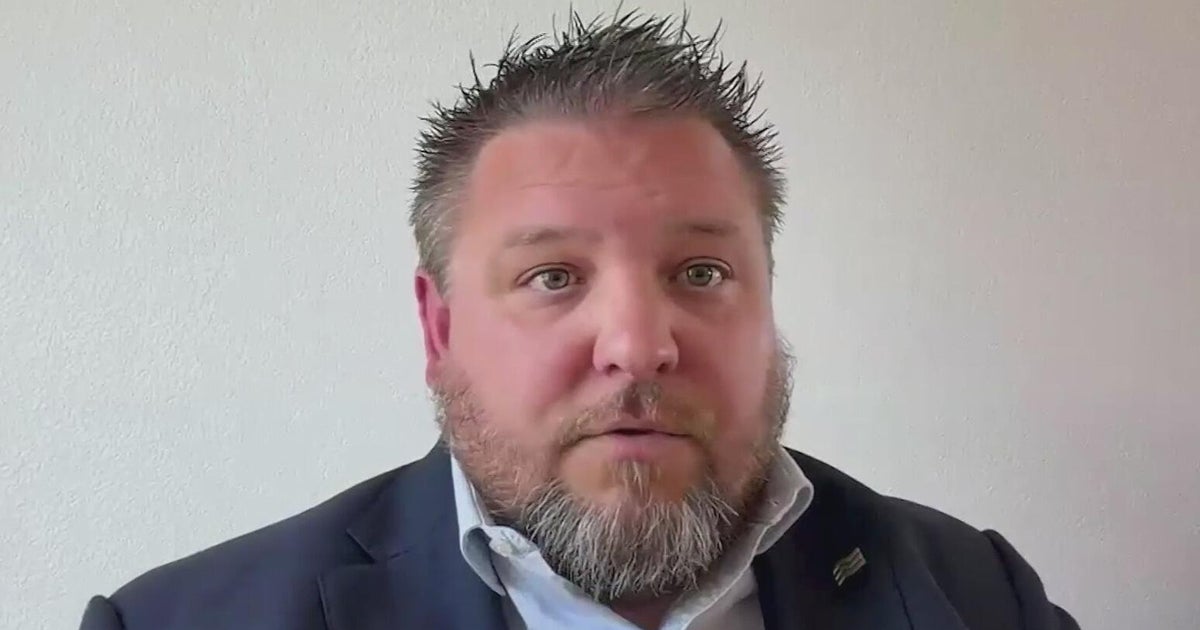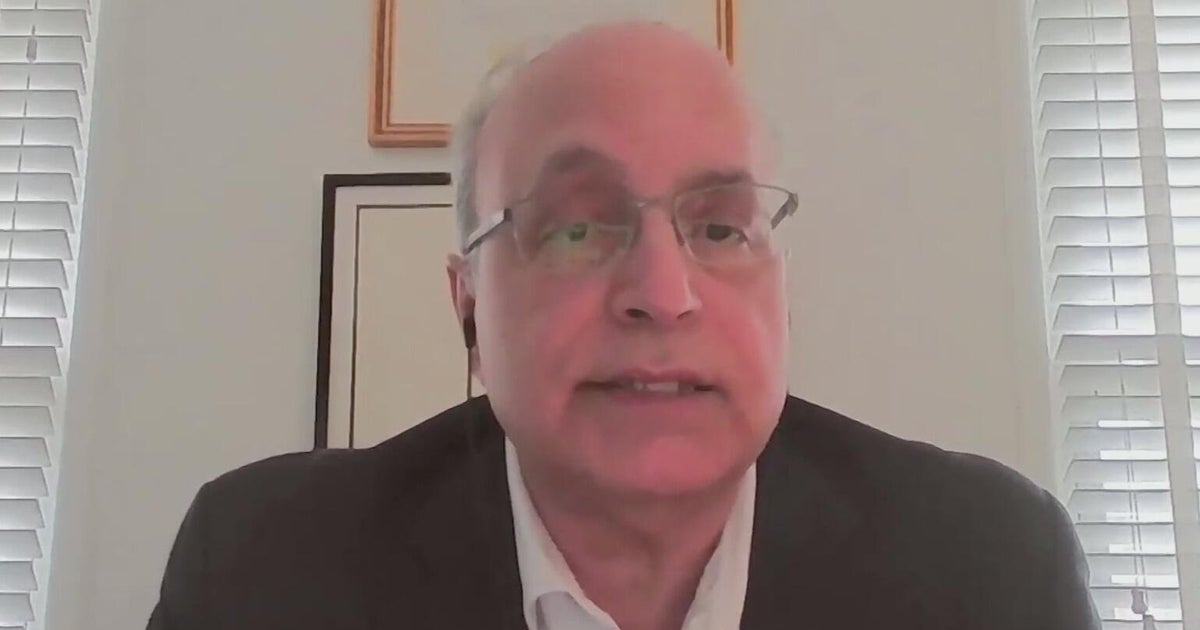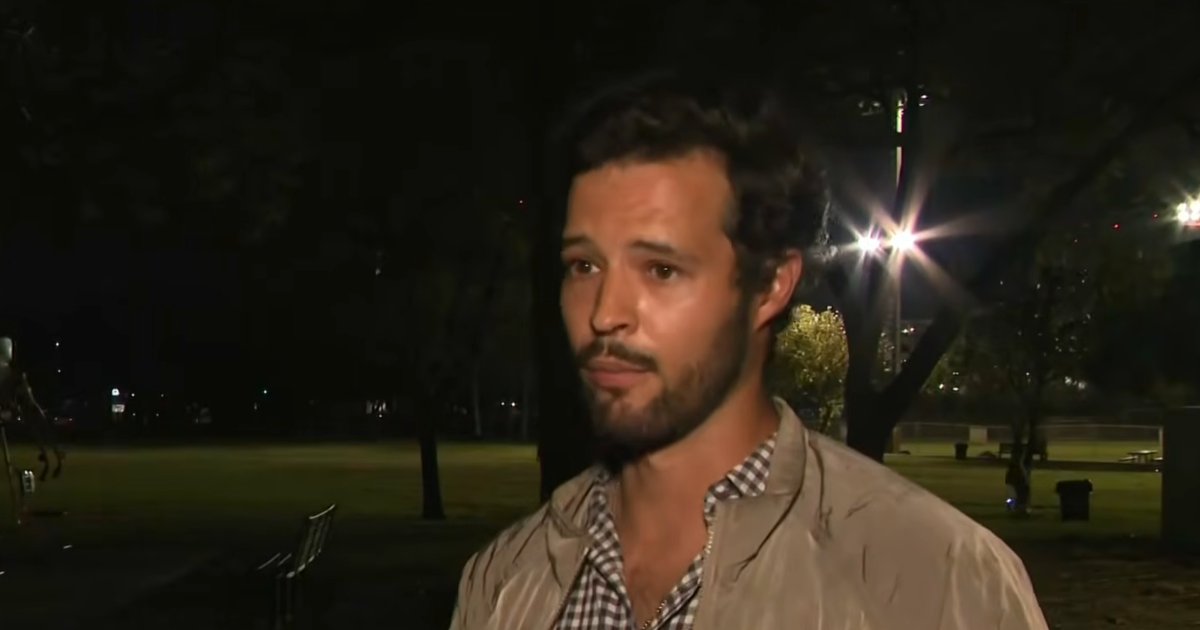TALLAHASSEE — With two courts seeking at the challenge, plaintiffs in a course-action lawsuit are disputing arguments by Florida Electrical power & Gentle that a new point out legislation shields the utility from legal responsibility for energy outages in Hurricane Irma.
FPL on July 5 submitted a movement in Miami-Dade County circuit court looking for dismissal of the lengthy-working lawsuit, which contends the utility did not fulfill obligations to aid avert outages throughout the 2017 storm.
The FPL movement is centered on a new law that claims a “utility is not liable for damages centered in complete or in aspect on modifications in the trustworthiness, continuity, or high-quality of utility products and services which occur in any way out of an crisis or catastrophe” and presents the Florida Public Company Fee authority to solve challenges about disaster preparedness and reaction.
But in a court docket submitting past 7 days, lawyers for the plaintiffs in the lawsuit argued the law, which took outcome July 1, can’t not be applied retroactively to the Irma situation.
“The Legislature could have stated that the statute was retroactive,” the filing said. “It did not. Nor does the statute point out in any way that it is applicable to any pending instances or that its passage would demand the dismissal of any pending scenarios. As drafted, the statute makes very clear that it is a prospective, not retroactive, statute that does not effect the instantaneous (Irma) situation in any respect.”
FPL, however, fired again in a court docket doc Monday by concentrating on the section of the legislation that provides the Community Services Fee authority to identify the sufficiency of disaster preparedness and reaction. FPL’s attorneys argued that portion of the regulation is “procedural,” enabling it to be utilized retroactively, and presents the regulatory commission “exceptional jurisdiction more than this circumstance.”
“Plaintiffs’ contrary argument is flawed for the reason that they ignore the reality that the new statute not only clarifies that disaster preparedness and response are within just … the present jurisdiction of the PSC (the Public Support Fee), but also mandates that jurisdiction over this sort of matters lies solely with the PSC,” the doc said.
FPL lawyers also argued that if the fee finds liability, it could direct to a “return trip to the circuit courtroom to make your mind up what damages (if any) a plaintiff could be entitled to.”
The lawsuit, submitted in 2017, alleges that FPL did not fulfill obligations to support protect against outages, these types of as carrying out a storm “hardening” program, changing growing older poles and adequately clearing vegetation close to traces. Irma made landfall in September 2017 in Monroe County as a Classification 4 storm and brought about common destruction and energy outages as it barreled up the point out.
The plaintiffs’ attorneys argued in the lawsuit that FPL was “grossly unprepared” for the hurricane and that clients who shed electrical power experienced damages such as missing gains and misplaced perishable products and confronted expenditures. The lawsuit stated FPL experienced collected money from consumers to fortify the electricity procedure.
A panel of the 3rd District Court of Attraction in March upheld a circuit judge’s selection that certified the lawsuit as a course motion. FPL has asked the whole appeals courtroom to critique that ruling.
Also, the Miami-centered appeals court docket has questioned the two sides to file briefs about how the new regulation could utilize to the situation. FPL contended Tuesday that a circuit decide really should wait around for direction from the appeals court docket on the difficulty.
The additional legal safety for utilities was included in a broader catastrophe-reaction monthly bill (SB 250) that emerged immediately after Hurricane Ian and Hurricane Nicole triggered huge harm final 12 months. The monthly bill gained practically-unanimous approval in the Legislature and was signed by DeSantis on June 28.




